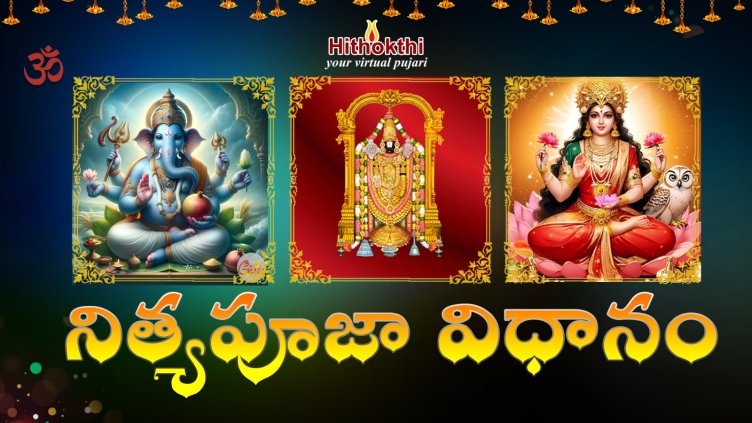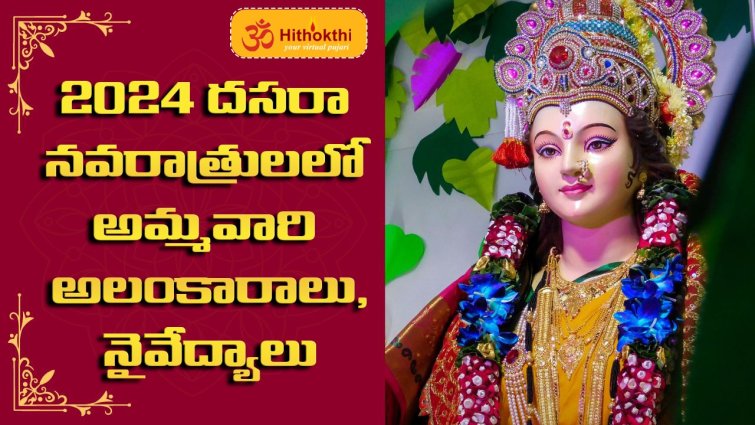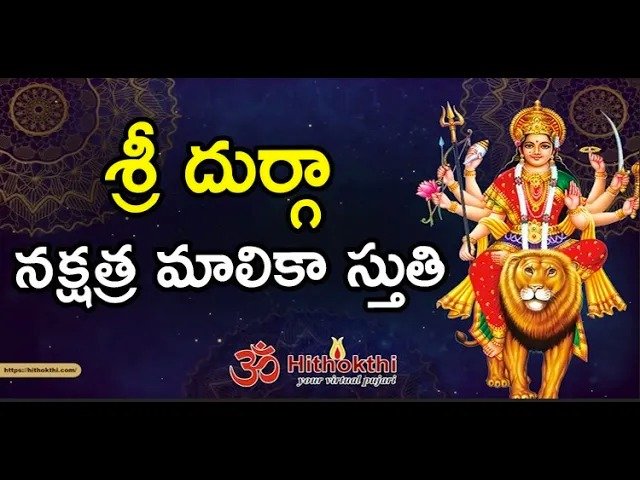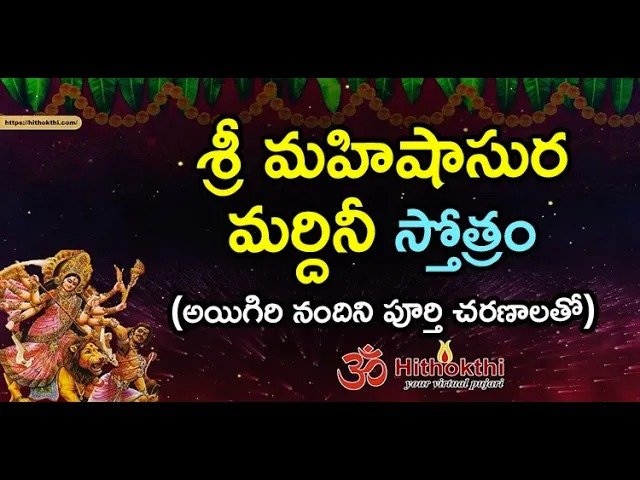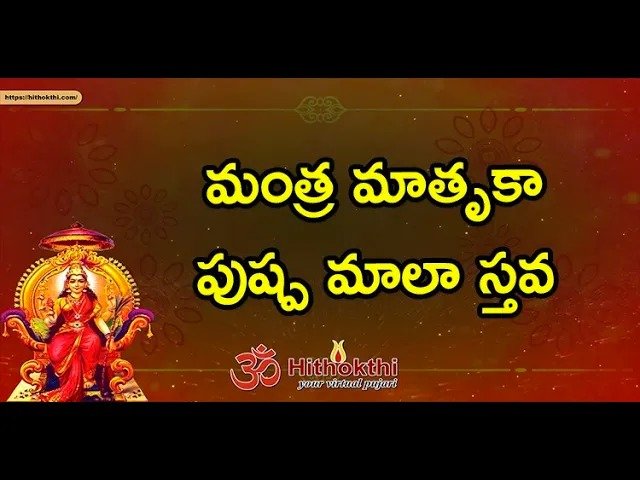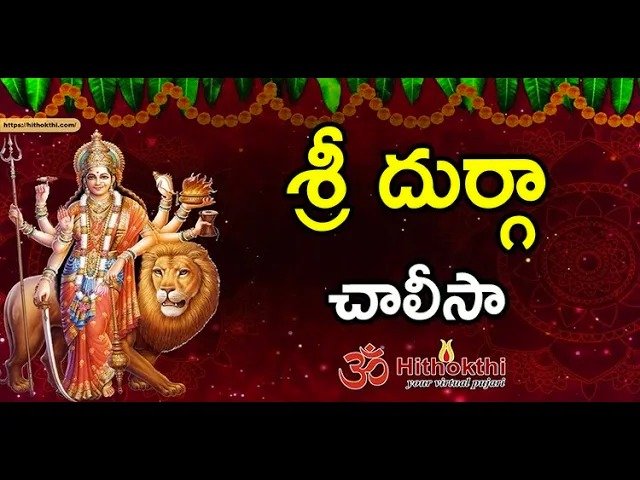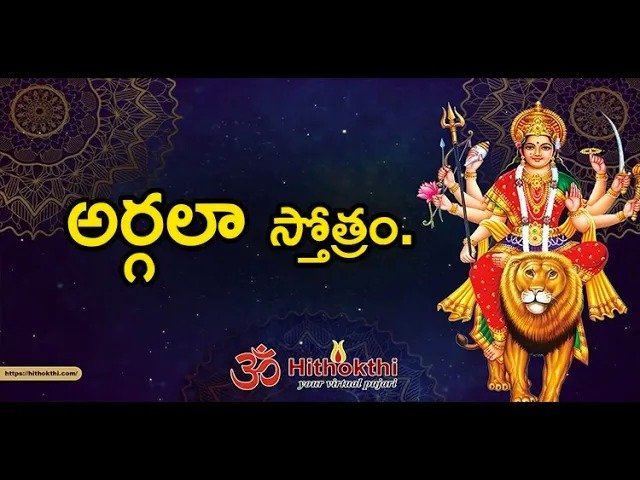BTMC Act Brought Under the Scanner after Gaya Terror Attacks
Bodh Gaya, July 10, 2013: Sunday’s serial blasts at the Mahabodhi temple stoked differences among religious leaders in Bodh Gaya over the controversial Bodhgaya Temple Management Committee (BTMC) Act, 1949, which provides for a Hindu majority on the committee that looks after the complex.
Following a public interest litigation petition, Bihar’s Home Department wrote to the National Commission for Minorities (NCM) in June this year, proposing an amendment to the Act. But officials declined to comment on what will happen to the proposal.
Built in the sixth century AD around the tree under which Buddha is believed to have attained enlightenment, the main complex encompasses a Shiva temple, and several Buddhist shrines. Some Buddhist leaders hold the current structure of the management committee responsible for inadequate security. “The BTMC is responsible for security in the complex and hired 38 guards. Why was the management committee not alert? If there were a majority of Buddhists on the committee, there would be a greater sense of belonging and concern for the temple,” All-India Bhikkhu Sangh treasurer Pragyadeep says.
Buddhist monks launched protests and hunger strikes against the Act from the mid 1980s to 1995, demanding that it be amended or repealed.
Under the Act, the BTMC consists of a chairperson and eight members nominated by the State government for three years. Four among them shall be Buddhists and four Hindus, including the mahant of the Shiva temple. The Gaya District Collector is the ex officio chairperson, wielding authority over administrative and financial matters.
If the Collector is not a Hindu, the government shall nominate a Hindu as chairperson — a provision that several Buddhist leaders and the National Commission for Minorities have termed “unconstitutional and against the secular fabric of the nation.”
Buddhist leaders pointed out to an NCM team that visited Bihar in 2009 — after protests by Buddhist monks in New Delhi — that this was the only instance in the country “in which a religious institution was run by people not professing faith [in the religion] to which the institution belongs.”
Furthermore, differences over rituals crop up sometimes, say monks. “The Hindus worship the circular structure at the base of the shikhara (the pyramidal structure) as Shiv Linga, whereas Buddhists believe that it represents the earth’s navel,” says a Buddhist priest. The use of funds at the temple has led to differences too. The temple committee has Rs. 15 crore at its disposal this fiscal. “The Lalu Prasad government began the process of appointing members [to the committee] for political gain and to control who gets maintenance contracts. The practice has continued,” says Pragyadeep.
“There is no final decision yet on the changes to the Act. Whatever is in the best interests of the temple will be done,” says Arvind Kumar, a member of the BTMC and of the Janata Dal (United) State council.
Dwarko Sundrani, 92, is one of the longest serving members of the BTMC. The current rift among the religious leaders is unnecessary, he says. “In fact, Nehru had proposed the 1949 Act to include Buddhists to reach out to East Asian countries, even when the Hindu priest at the temple was opposed to it. There were no problems for years. Why fight over it now?”
Source: The Hindu, DT. July 10, 2013.

